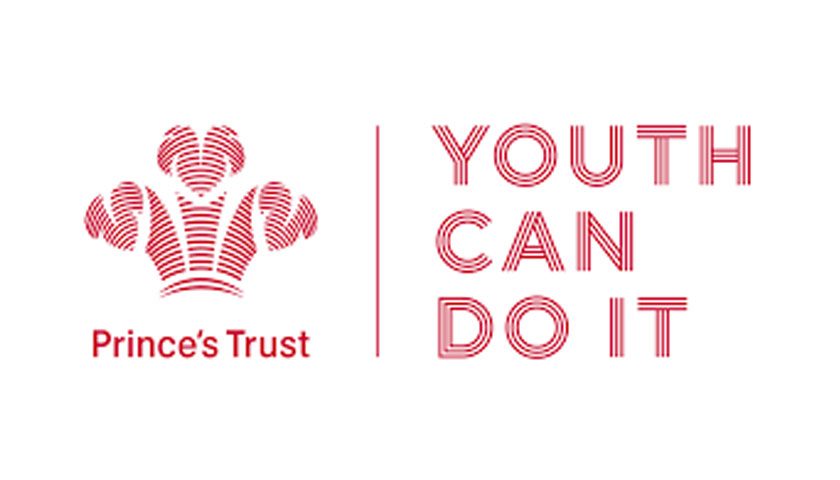The Prince’s Trust and Public First have recently launched a report on young people’s perceptions of the green economy, finding that awareness and interest in green jobs is worryingly low.
The report,
, is based on polling of 2,054 young people aged 16 to 25 years old. In addition to the poll, research consultancy Public First ran five online focus groups with young people from areas that are due to see significant numbers of new green jobs – the West Midlands, Teesside, and Fife, Scotland.
The research reveals that only 27 per cent of young people had heard the term ‘green jobs’ and could explain what this meant. Even after it was explained, less than half (46 per cent) of respondents were familiar with the kinds of jobs that would exist in the green economy.
Almost half (46 per cent) of young people had not heard about green jobs during their education, and this was substantially higher for NEET young people (64 per cent) and young women (61 per cent). Crucially, those taught about green jobs during their education were more interested in these roles. Additionally, only 41 per cent of NEET young people would be interested in training for green jobs, compared with 59 per cent of young people overall.
Worryingly, interest was lowest for the roles most in need. When asked about their interest in specific roles, the most popular options were conservationist (22 per cent) and farmer (19 per cent), neither of which will see huge growth from Net Zero. The least popular roles were in industries that will have the greatest demand, including heat pump installer (7 per cent) and retrofit coordinator (9 per cent).
In addition to low awareness, green jobs are seen as being for those who take an academic route, which limits how many people feel they can access them. Only 5 per cent of young people pictured someone in a green job as having not gone to university, despite many roles being well suited to vocational training.
When asked about barriers to working in the green economy, young people reported that they didn’t have the necessary skills (27 per cent), didn’t know enough about them (25 per cent) or that the skills required would be too specialised (22 per cent).
Despite almost half (49 per cent) of young people stating that climate change is one of the most pressing issues of our time, only 18 per cent said that the environmental sustainability of their employer would be a factor in deciding between jobs. Young people identified that opportunity for progression (49 per cent), job security (48 per cent) and flexible hours (48 per cent) would increase their interest in working in the green economy, qualities they did not associate with green jobs. Poor pay was identified as the top disadvantage of green jobs, with 25 per cent of young people citing this.
The focus groups conducted during this research found this scepticism about the benefits of green jobs arose from a lack of understanding about these roles, demonstrating that the way they are being marketed to young people doesn’t connect with what those individuals care about.
Lindsey Wright, Head of Future Sectors at The Prince’s Trust, said:
This report provides a stark warning about how much needs to be done to educate young people about green jobs and offer structured pathways into training and employment. We look forward to strengthening our partnerships with existing and new partners to deliver on this vision. Problematically, young people who could benefit most from these opportunities do not see themselves as suitable.
As part of our efforts to address this, The Prince’s Trust has introduced new green skills modules into Achieve, an education programme delivered in secondary schools across the UK. The modules aim to explain the green economy, the different sectors it covers and why it is important, as well as educating young people about the impact of Net Zero on employment.
We are dedicated to aligning our programmes with the future economy, and supporting young people to access opportunities within the green sector will play a critical role in this.
Young people care deeply about the environment but few of them are attracted to the green jobs we need to deliver Net Zero. This creates a serious risk we will not develop the workforce needed to deliver the UK’s climate change targets and that the benefits of this transition may be lost to younger generations. To avoid this, we now urgently need to increase young people’s understanding of the green economy, change how employers communicate about the benefits of green jobs and reform training routes to make them more accessible.
1. ONS, “Green jobs” update, current and upcoming work: March 2023, March 2023.
Green jobs are: “Employment in an activity that contributes to protecting or restoring the environment, including those that mitigate or adapt to climate change.” There are three types: new and emerging jobs; existing jobs requiring enhanced skills; and existing jobs which are now more in demand. For the purposes of this report, we are primarily focussing on new jobs or transformed jobs.
2. Centre for Sustainable Energy, What is retrofit? “Retrofit refers to any improvement work on an existing building to improve its energy efficiency, making them easier to heat, able to retain that heat for longer, and replacing fossil fuels with renewable energy.”



